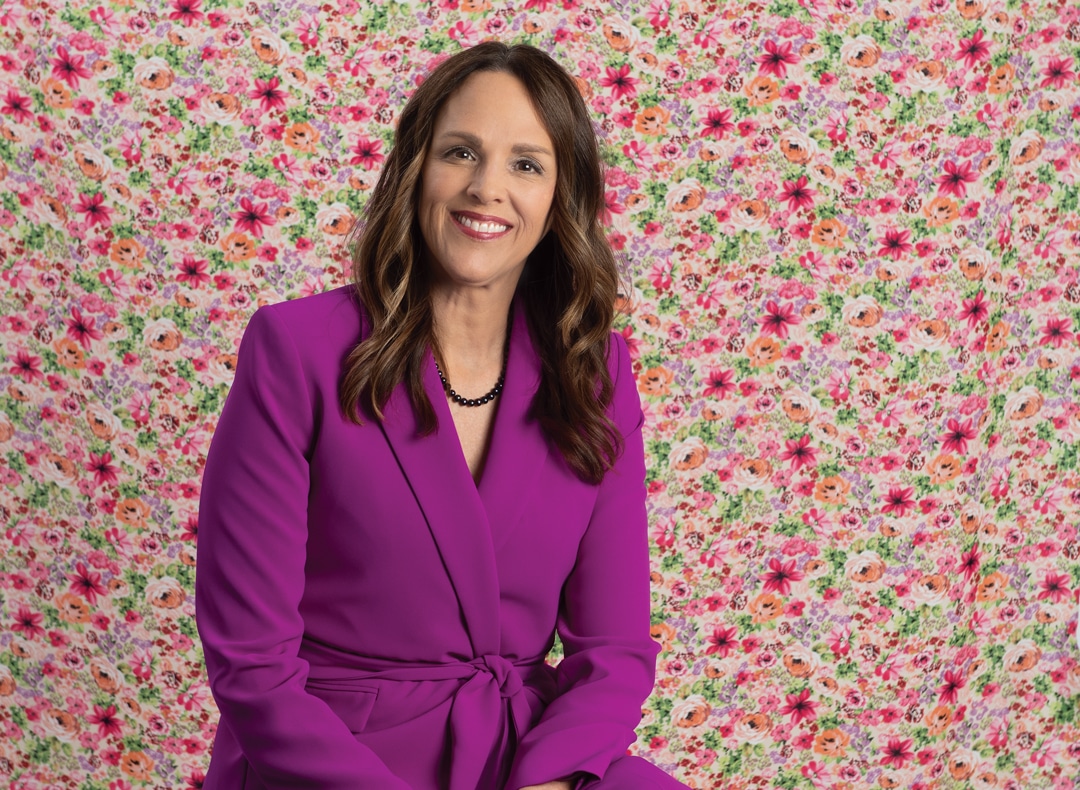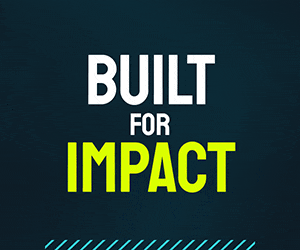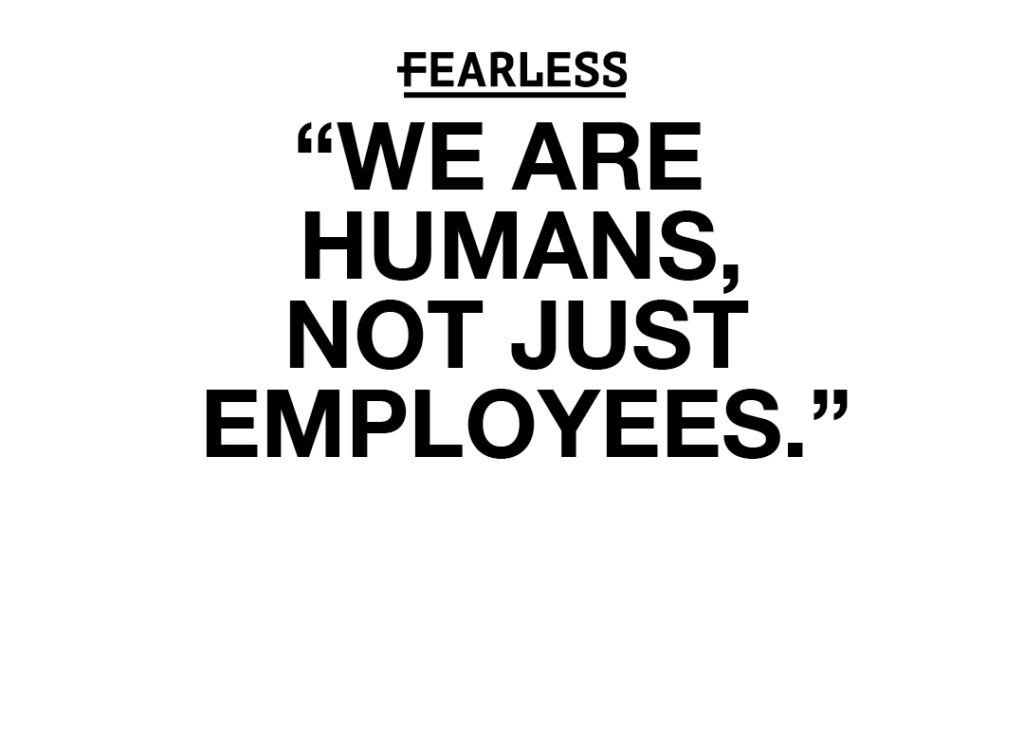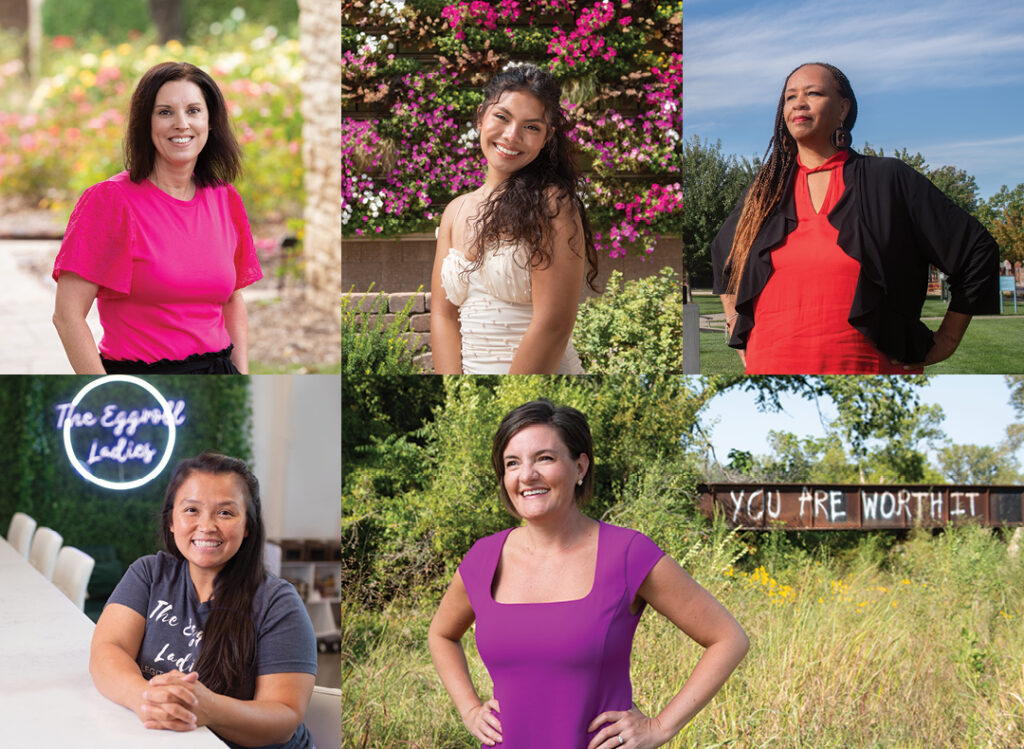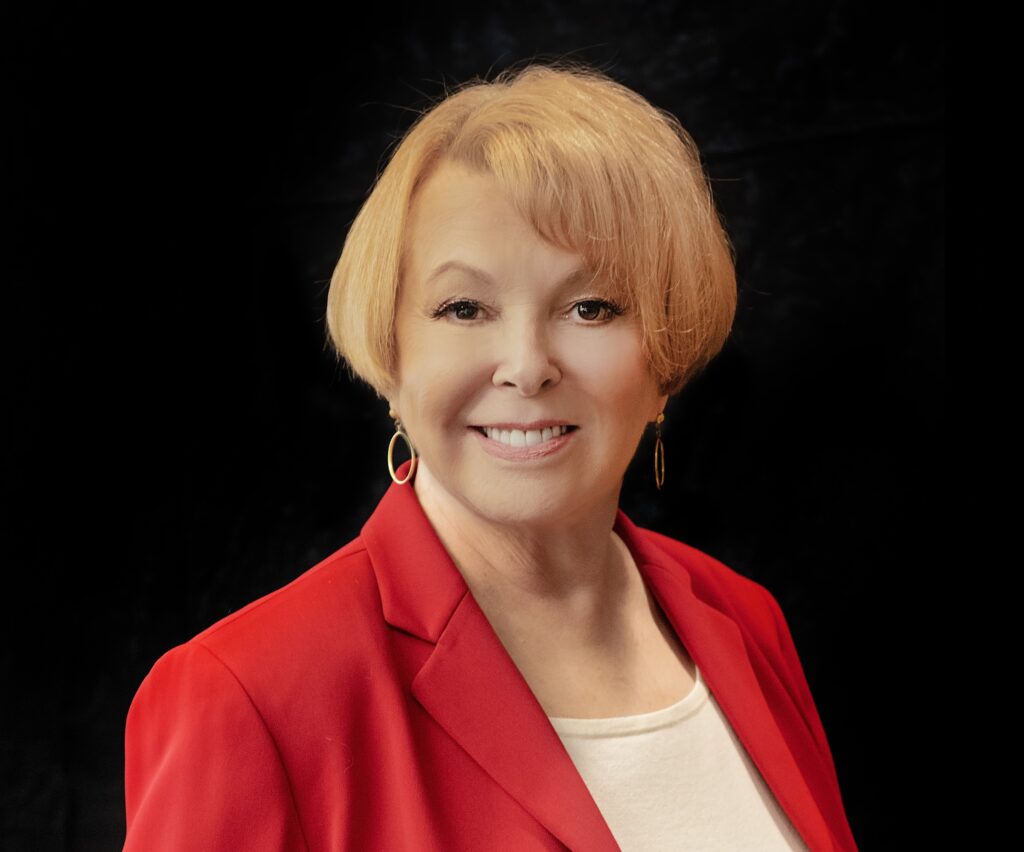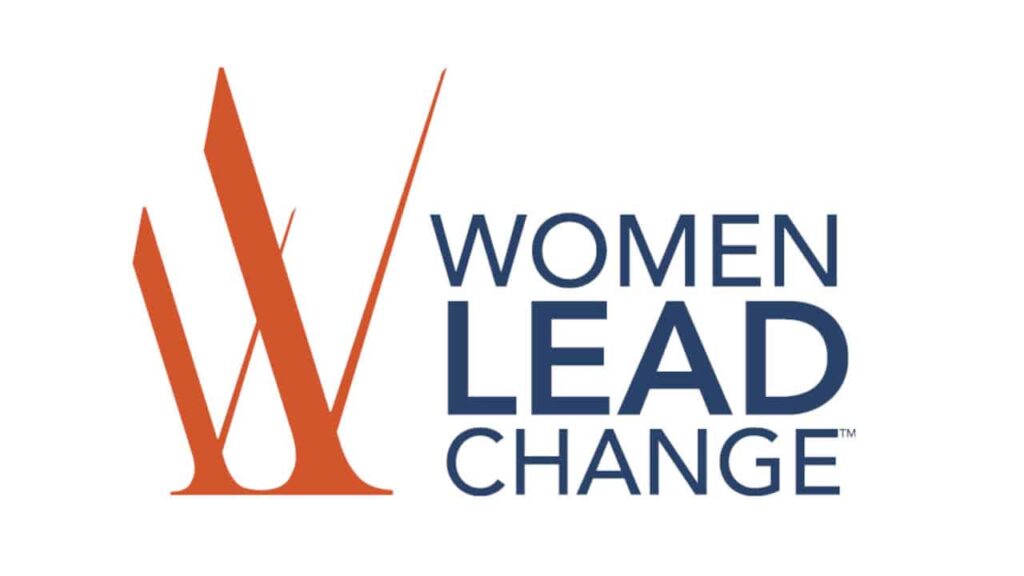Rachelle Keck: 2024 Women of Influence Honoree
president, Grand View University

Business Record Staff Jul 18, 2024 | 5:42 pm
12 min read time
2,922 wordsWomen of Influence, Women’s and Gender IssuesHow have you helped improve organizations you’ve been a part of?
I strive to lead with logic and love – logic with regard to decision-making grounded in love for the people with whom I work, as well as love for the mission of the organization. Does this decision make sense? Is this decision what is best for those most affected? Is this decision supported by the evidence available? Is more data needed to make an informed decision? Additionally, decision-making is best done collaboratively and, as much as possible, in collaboration with those who will be most affected. At our cores, human beings thrive best in an environment of love.
For example, when I commenced my presidency at Grand View University, I spent quite a bit of time listening to the various constituents of the university – students, faculty, staff, alumni, trustees, donors and community partners. I also requested recommended solutions for any identified issues. While I may have ideas about or experiences with a particular issue, I am fortunate to work with incredibly smart, dedicated and creative people who are valuable contributors to the organization.
What motivates you?
My vocation, my purpose in life, is to glorify God while helping people discern and design positive lives of personal and professional purpose while continuously honing mine. This vocation is scaffolded by my core values of faith, cosmic curiosity, adaptitude (an attitude of adaptation), outworking everyone, positivity, service to others and growth. When I am living and leaning into this purpose, I feel most energized and optimized. Shonda Rhimes, an author and the acclaimed producer of hits such as “Grey’s Anatomy” and “Scandal,” describes this state as her “hum.” “The hum is action and activity. The hum is a drug. The hum is music, the hum is light and air. The hum is God’s whisper right in my ear.” Seeking that state and helping others do the same motivates me. I often say, “When you are doing the work you are called to, it doesn’t feel like work.”
Is there a memory or experience from your formative years that continues to influence your approach to life?
I found advocacy success at an early age, and it was likely a contributor to my decision to become an attorney. While in elementary school, we lived in the country, and one of the highlights of my week was going to the library every Saturday. I was (and still am) a voracious reader. I was incensed, however, that there was a limit to the number of books I could check out. Since I only got to the library once a week, I finished reading all my books well before the week was up. My mother suggested I speak to the librarian directly about the issue. I was a bit intimidated by the idea, as I was only 9 years old at the time, but I laid out my argument – I loved books, I took excellent care of them, I had a history of returning all the books I checked out on time and perhaps a probationary period was warranted (I’m sure I didn’t use the words “probationary” or “warranted,” but that’s what I meant).
She listened to my plea and granted my request. As a result of that interaction, my newfound confidence in my competence was strengthened. That’s one of the things I love most about education – seeing confidence and competence grow under the tutelage of caring educators. I also learned planning and preparation are important and can lead to a greater probability of success, and that clear, concise and compelling communication is key when advocating for a position or a decision. Finally, I learned that a “no” is not always a “never.” That librarian likely has no idea how much she positively impacted my life through that simple act of listening, hearing and acting.
What piece of advice would you give to others who hope to make a difference in their communities?
As someone who has moved 37 times (so far) in my lifetime and lived in 16 cities in Iowa as well as four other states, I have learned through experience the importance of community involvement in quickly acclimating to a new locale and developing a sense of belonging. Serving others and feeling a sense of value can be key factors in belonging.
The best way to start is to first know thyself. What are your passions and interests? Then keep your eyes and ears open for opportunities that align with those passions and interests. Then just go. You will never regret saying “yes” to community service. Also, don’t wait to be asked – volunteer.
When I first moved to Sioux City (where I knew not a soul), I reached out to the local leadership organization through Facebook – Leadership Siouxland – to inquire about serving in some capacity. I had completed the Poweshiek Leadership Program in Grinnell years earlier and had served as a member of their board of directors. The Leadership Siouxland executive director warmly welcomed me, and I quickly joined the board, eventually serving as president. I saw hundreds of leadership graduates during my time in Sioux City and am still connected with many of them. Those graduates are serving across the Siouxland metro and beyond. I love seeing the ripple effect of collective and successive leadership growth, mentorship and service.
Tell us about a time you failed (or at least you did from your own perception).
I don’t call mistakes “failing;” I call them “learning.” Some of my most valuable lessons and deepest learning have come from my mistakes. I have found the key is to pause and reflect. What caused the mistake? What could have been done differently, if anything? What could I learn from the situation? How do I prevent this type of situation from repeating?
I recall a situation from my attorney days. I was representing a client in a mortgage foreclosure, and the property was being sold on sheriff’s sale. At the time of the sale, while literally standing on the steps of the courthouse, I realized there was an error in the minimum sale price calculation – an error that was detrimental to my client and that was ultimately my mistake. I remember sitting in my vehicle after the sale, heart racing, pondering next steps. I prayed for guidance and then began to act. I immediately called my client, explained the situation, and vowed to make it right. I then worked tirelessly (obviously at no cost to my client) to resolve the situation, keeping my client abreast of the status. We were ultimately successful in rectifying the mistake, and my client offered to share in the out-of-pocket expenses associated therewith. Our attorney-client relationship continued, and I represented that client for many more years, until I ceased practicing law in 2014.
Once the situation was rectified, and I had some time to pause and reflect, I determined the likely cause of the mistake (lack of sufficient/effective protocols, hurry, perhaps complacency) and changed my process and protocols accordingly.
Whether you are lawyering or leading, sometimes our actions can carry the risk of dire consequences. Arm yourself with the information and evidence you need to make decisions and, when you make a mistake (as you inevitably will), take responsibility and do the work to make it right. Your relationships, your reputation, your effectiveness and your moral compass will all benefit as a result.
What is a favorite book, show, movie, podcast, etc., that you’d encourage others to consume?
As an avid reader, I have read some incredible books throughout my life, so it’s difficult to choose just one. A formative leadership book for me, in addition to the Bible, has been “The Purpose Driven Life” by Rick Warren. I have never forgotten the opening line of the book – “It’s not about you.” This statement comes from a position of faith, but is also quite relevant for many areas of life. As a leader, this statement comes to mind often. “It’s not about you” helps me to shift my natural inclination to think first about “me” and, instead, think first about “we.” As a result of this book (which I have read several times), I seek to lead and live not simply for myself but for the good of others, too.
How do you try to find balance and joy in the many activities you take part in?
I seek to live each day with purpose, living into my personal and professional calling, which I often think of as walking and working in the “overflow.” “Overflow” is what happens when a person is living in balance and joy. When your life is balanced, you can fill your joy bucket. When your joy bucket is full, your joy can overflow out of you and be shared with others in a positive and loving way. If we aren’t personally full, it’s difficult to find overflow with which to positively impact others. When making decisions about how to spend my most precious resource – time – my first thoughts are: “Is it more than simply a ‘yes?’ If it’s not a ‘heck yes!’, it should probably be a ‘no.’” Those “heck yes!” activities are the ones that fill your joy bucket.
What is one of your guilty pleasures?
Sunday naps. I’m a 4:15 a.m. person, and occasionally I need a sleep boost. It’s usually less than half an hour, but a short nap can make a major difference in my week. I developed this strategy while in law school. I would drink a caffeinated beverage, set my battery-operated travel alarm (no smartphones yet) for 30 minutes, and lay my head down in my library carrel (I could sleep on command back then). When my alarm went off, the caffeine had kicked in and I could usually eke out another three or four hours of studying.
What’s something many people don’t know about you?
I have earned brown-belt status in taekwondo, one step below a black belt. I am also a bit of an adrenaline seeker, having gone skydiving, parasailing, whitewater rafting, BASE jumping and zip lining.
Anything else you want to add about yourself?
I choose a word of the year at the beginning of each academic term, and my word for this year is “future.” This was the theme of my “90 Ideas in 90 Minutes” presentation last fall, and I’m in the process of writing a book based on that presentation.
What do you consider the greatest barrier to gender equity?
I think two of the greatest barriers to gender equity are representation and opportunity.
When I commenced my presidency as the first female to lead Grand View University, I was surprised at the number of women, both within and outside the GVU community, who told me how gratifying it was to finally see a woman in the role and that I gave them hope for the future. On the day I was introduced as the incoming president for GVU, my friend was on campus for the announcement. He was walking behind two students, a male and a female, who were speculating as to why there was a crowd on campus that day. My friend told them the new president was about to be announced. The female queried out loud, “I wonder what he will be like.” My friend told her, “Well, I know her personally, and she’s pretty amazing.” The female student expressed her chagrin, saying, “Shame on me for assuming it was a man.” Representation matters, whether it’s representation of gender, race, identity, ability. “If she can do it, perhaps I can, too.”
Data tells us the ability to see a positive future for oneself is important to human growth and development. One of the most effective ways to bolster that visioning process is through representation, and opportunity is a necessary step to achieving representation. Opportunity can be offered or created. As leaders, it is our duty and honor to create opportunity for others, just as others have created opportunity for us and especially if others have not created opportunity for us. If an opportunity is not offered, however, it is vital we learn to create opportunity for ourselves. If a seat at the table is not offered, pull up a chair. Perhaps start by volunteering, or by taking on a difficult or risky project no one else wants.
Who is an empowering woman that you look up to?
There are many empowering women I admire, including my grandmother, as well as Helen Keller and Connie Wimer. If I could only choose one, Amelia Earhart is a woman I hold in high esteem, for numerous compelling reasons. She broke barriers, she achieved great success in her field, she advocated for women and she serves as a role model, symbolizing adventure and bravery. She was the first female to fly solo across the Atlantic Ocean, and one of only two people at the time to make the trip nonstop (the other was Charles Lindbergh). She set many aviation records, challenged societal norms and encouraged other women to pursue dreams regardless of gender expectations and barriers. She co-founded the Ninety-Nines, an international organization of licensed female pilots, created to support and uplift women in aviation, a male-dominated field. She embodies perseverance, courage, preparation and focus, and continues to serve as a beacon of inspiration for women.
What will it take for women to achieve gender parity in leadership positions?
Achieving gender parity will require ongoing comprehensive change involving individuals, organizations, communities and policymakers. Additional advancement is necessary in areas such as gender bias and stereotypes, access to STEM education, family-friendly employment policies, child care improvement, awareness and education, ongoing mentorship and sponsorship of women, efforts to increase women’s representation at all levels of government and leadership and the consideration of gender parity laws where needed.
Additionally, we need to continue to work to change our language from the male default – “you guys,” “chairman,” etc. We should promote love, admiration and support of women.
Achieving gender parity in leadership is a long game, requiring sustained commitment and collaboration from various sectors. Implementing these strategies and fostering a culture of expected equality can ensure the continued growth and strengthening of women into leadership roles.
What support would be most helpful for business leaders to provide for their women and nonbinary employees?
Supportive work environments are critical for the well-being of employees. With regard to female and nonbinary employees, mental health resources are key, as are policies to support work-life balance.
Upon commencing my presidency at Grand View, my listening tour highlighted the need to make some policy changes. These changes included flexible work schedules and modalities as well as changes to parental, bereavement and medical leave policies.
As a working mother myself for many years, I had seen firsthand the additional loads that can often be borne by women. For example, while practicing law, I had one employee who birthed four children during her time with the firm. We sat down in advance to strategize the best approach to support her well-being while at the same time ensuring the work was done well and on time. The situation required quite a bit of preparatory work and a shift in the typical work process, but was well worth it in the end. She was one of the most valuable employees I have ever had the opportunity to work with, and she has shared with me how grateful she was to have been able to work during that time of her life in such a supportive environment.
Additionally, it’s important to ensure women and nonbinary employees have access to career advancement opportunities, and mentorship and sponsorship support as they navigate professional progression and growth.
Fill in the blank: If gender equity were achieved, the world would look like ________.
If gender equity were achieved, the world would look, in many respects, like what I imagine the Garden of Eden was like – a lush climate of joyous collaboration, boundless growth and positivity. That may sound irrepressibly optimistic and a bit Pollyanna-ish, but I’ve seen gender parity at work and it’s a beautiful thing to witness. It’s a world where gender matters greatly while at the same time mattering not at all. Gender parity is creating an environment where people, regardless of gender (or race, ethnicity, identity or ability, for that matter) are empowered and equipped to achieve their full potential.

Education: Doctorate in education from Drake University, law degree from the University of Iowa College of Law, and a bachelor’s degree in psychology from Wartburg College
Hometown: Although I graduated from high school in Clinton, Iowa, I moved just before my senior year from Mount Pleasant, Iowa.
Family: One of nine children, I’m married to Jim Keck and we have four children: daughter, Clara, and sons Grant, Alec and Cameron
Hobbies: Reading, paddleboarding, exploring our national parks and traveling
Words to live by: Make every day a grand adventure.

Three notable accomplishments
- I am the first woman to lead Grand View University in its 128-year history.
- I successfully researched, wrote and defended my doctoral dissertation while collaboratively and successfully leading a residential university through a global pandemic.
- I started a law firm and title company less than four years out of law school, discovering shortly thereafter, on my daughter’s first birthday, that I was pregnant with my second child. It was quite the first year in business!

